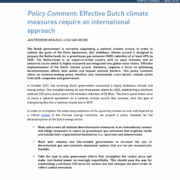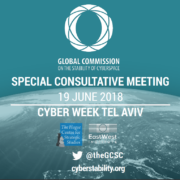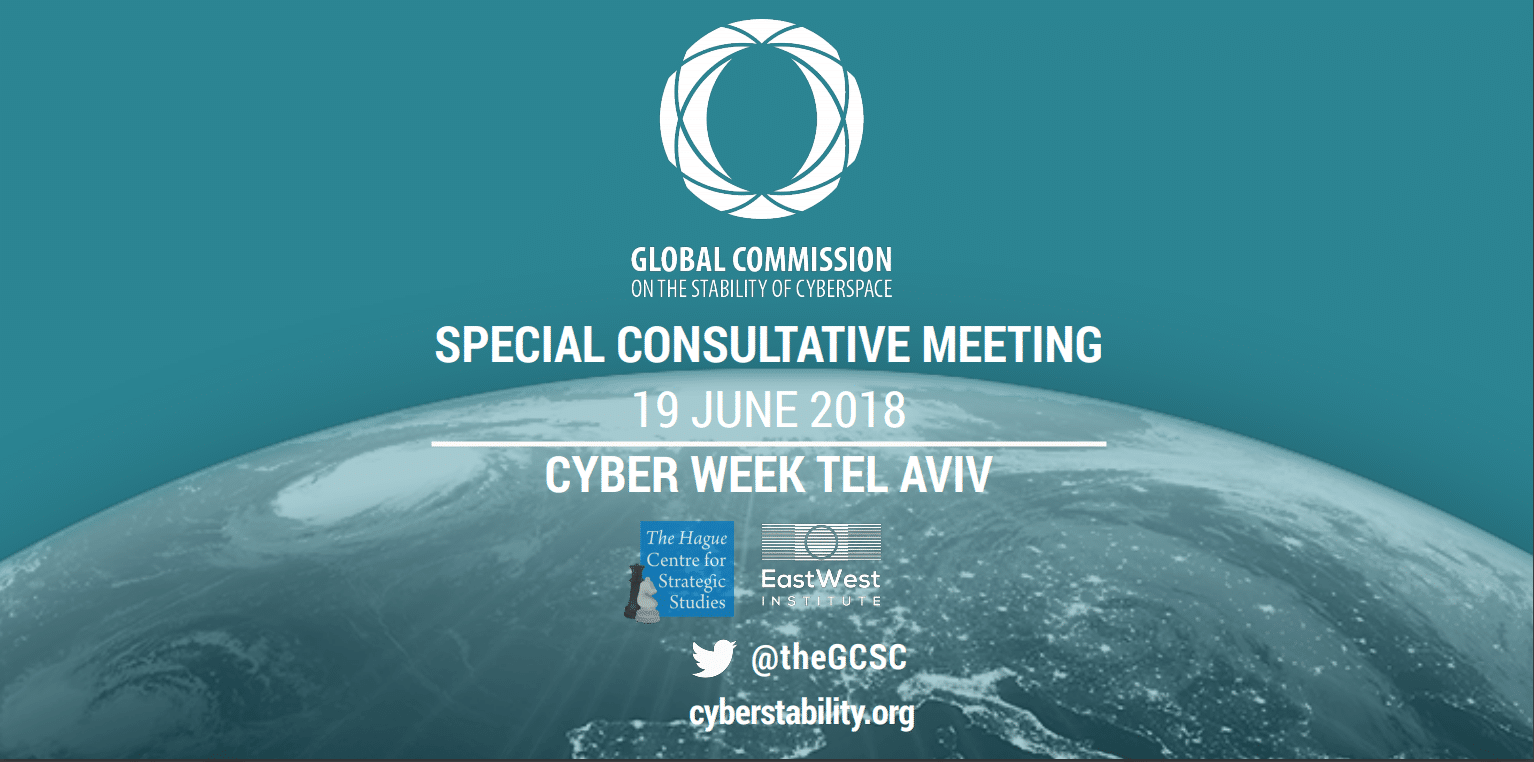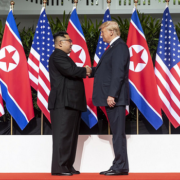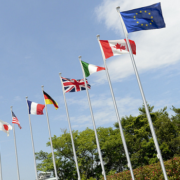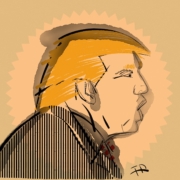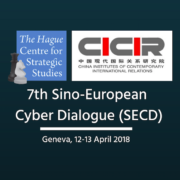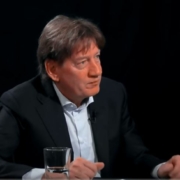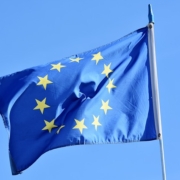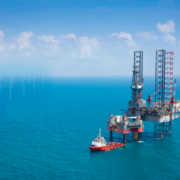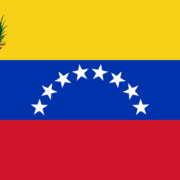De mislukte G7 van afgelopen weekeinde maakte duidelijk dat president Trump volop bezig is met de afbraak van de wereldorde die zijn voorgangers hebben geschapen en die Amerika rijk en machtig heeft gemaakt.
Daarom keek ik reikhalzend uit naar premier Rutte’s speech voor het Europees parlement. Normaal gesproken trekken gelijkgestemde landen naar elkaar toe als de buitenwereld ruiger wordt. En ja hoor, ook Rutte omarmt de Unie nu volop. Natuurlijk wel op zijn Nederlands, door te pleiten voor een zuinige Unie met beperkte taken.
Er is inderdaad geen alternatief voor de huidige liberale wereldorde die gebaseerd is op regels, vrije markteconomie, democratie en waarden als mensenrechten.
Kleptocraten
Als we Trump zijn gang laten gaan wordt de wereld gedomineerd door autoritaire kleptocraten die zich door cynisch eigenbelang laten leiden, hun zakken vullen en zeggen namens het volk te spreken, maar hun armoede verachten. Veelzeggend is het feit dat deze week bekend werd dat Trumps dochter en schoonzoon, ondanks hun banen op het Witte Huis, in 2017 ruim 80 miljoen dollar aan hun investeringen verdienden.
Voor Trump geldt feitelijk hetzelfde, al was het alleen maar omdat iedereen die wat van hem wil het uit zijn hoofd laat om niet in een van zijn hotels te overnachten.
Art of the deal
Nadat hij de G7 had laten mislukken richtte Trump zich op zijn echte prioriteit. Na Saoedi-Arabië omarmde hij Noord-Korea en tekende hij een ‘alomvattende’ verklaring met zijn nieuwe beste vriend Kim Jong-un. Voor iemand die naar eigen zeggen nauwelijks leest is een kantje A4 al snel ‘alomvattend’. Maar in werkelijkheid stond er weinig in. De Amerikaanse veiligheidsgaranties waarover het document repte waren al in 1993 door een van zijn voorgangers afgegeven.
En de gezamenlijke verklaring van het zespartijenoverleg over Noord-Korea uit 2005 bevatte al een hele serie afspraken, van nucleaire ontwapening tot economische samenwerking. Die afspraken waren echt ‘alomvattend’. Maar Noord-Korea zette er vanwege ‘Amerikaanse vijandelijkheden’ toen een streep door. In 2006 ontplofte de eerste atoombom.
Als de verklaring van Trump en Kim het resultaat van the art of the deal is waarover de president zo graag opschept, dan vraag ik mij af hoe hij ooit rijk kon worden.
Ongemakkelijke spagaat
Want hij liet Kim winnen. Hij houdt zijn kernwapens en raketten, en kreeg het voor elkaar dat Amerika stopt met de jaarlijkse oefeningen met Zuid-Korea die door hem altijd als de opmaat voor een interventie werden gezien. En door het opschorten van die oefeningen voelen Amerika’s bondgenoten zich nu onveiliger.
Het meest historische van deze ontmoeting is voorlopig dat een Amerikaanse president zich voor de eerste keer in het pak heeft laten naaien door een wrede snotneus die zijn volk als slaven behandelt. Het historische kan uitsluitend worden afgemeten aan wat het vervolgtraject gaat opleveren.
Maar dan zullen beide partijen uit een ongemakkelijke spagaat moeten komen. Denuclearisatie in ruil voor een vredesakkoord en opheffen van de sancties. Kim hoeft maar naar Oekraïne te kijken om te begrijpen wat het betekent als hij de eerste stap zet. Na denuclearisatie werd dat land de speelbal van Rusland. Kim is wreed, maar niet stom.
De column van Rob de Wijk verschijnt wekelijks in Trouw.

